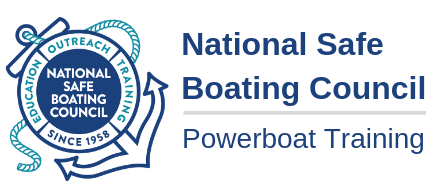MARINE ELECTRICAL SYSTEM BASICS
This 2-day class is designed for both recreational boaters and professional mariners looking for a better understanding of marine electrical systems as well as practical skills such as troubleshooting and installing simple circuitry. The electrical systems class covers basic electrical theory, system design, maintenance, and basic troubleshooting and repair skills. Students receive both lecture and hands-on instruction utilizing multimeters and electrical circuitry developed for the course.
Upon completion of this course, students are able to understand basic electrical theory, DC system design, troubleshoot simple electrical failures, and create basic circuitry for DC installations. Although the course is not designed to turn boat owners into marine electricians, graduates have the confidence to troubleshoot basic electrical problems. They will also know when an electrician is needed, and are better equipped to communicate with industry professionals.
Topics:
Electrical Safety
Basic Electrical Theory
Understanding Basic Circuitry
Using Multimeters
Batteries and Monitors
Wires and Switches
Circuit Protection and Wiring
Chargers and Inverters
Alternators and Regulators
Distribution Panels and Switches
Short Circuits
Basic System Design and Power Management
MARINE ELECTRICAL SYSTEMS: LEVEL II
This 2-day class is designed for graduates of the Marine Electrical System Basics class who are looking for further hands-on training in troubleshooting electrical failures as well as designing and installing new equipment and circuitry. This course will take the student’s understanding of basic electrical components to the next level through examples, demonstrations, and hands-on training. Students will work in small groups to troubleshoot and resolve faults in circuitry developed specifically for the course. Students will also design and create circuitry for new equipment installation, and design a balanced system.
Topics:
Safety and Connections
Amp Meter and Monitors
Switches, Relays, Solenoids
Loads and Equipment Demands
Battery Chargers and Inverters
Equalization Battery Charge
Alternators and Regulators
Shore Power
AC Generators
Electrical Flow Diagrams
Galvanic Isolators and Isolation Transformers
Stray Current and Corrosion
Alternative Power Sources - Solar and Wind


